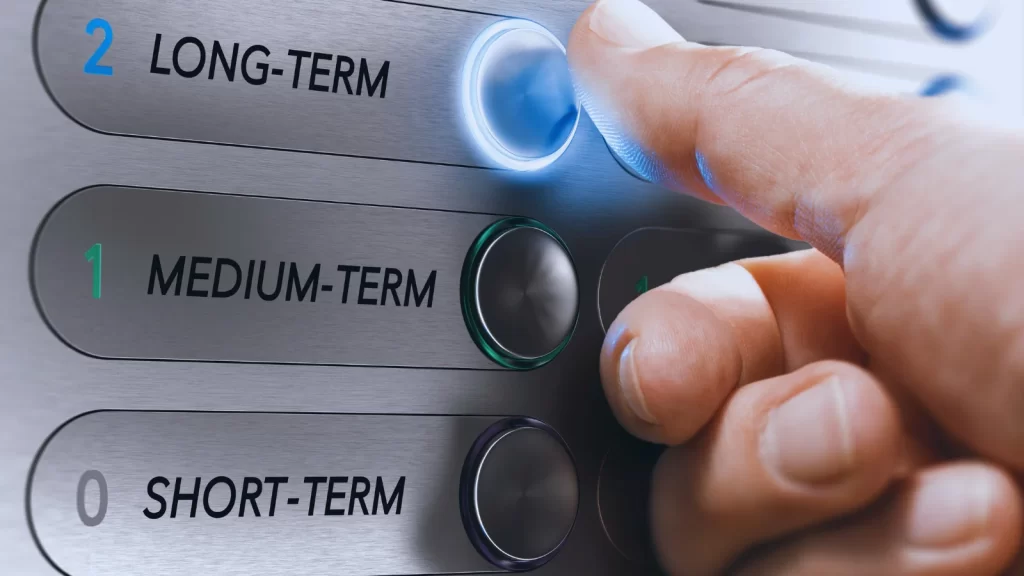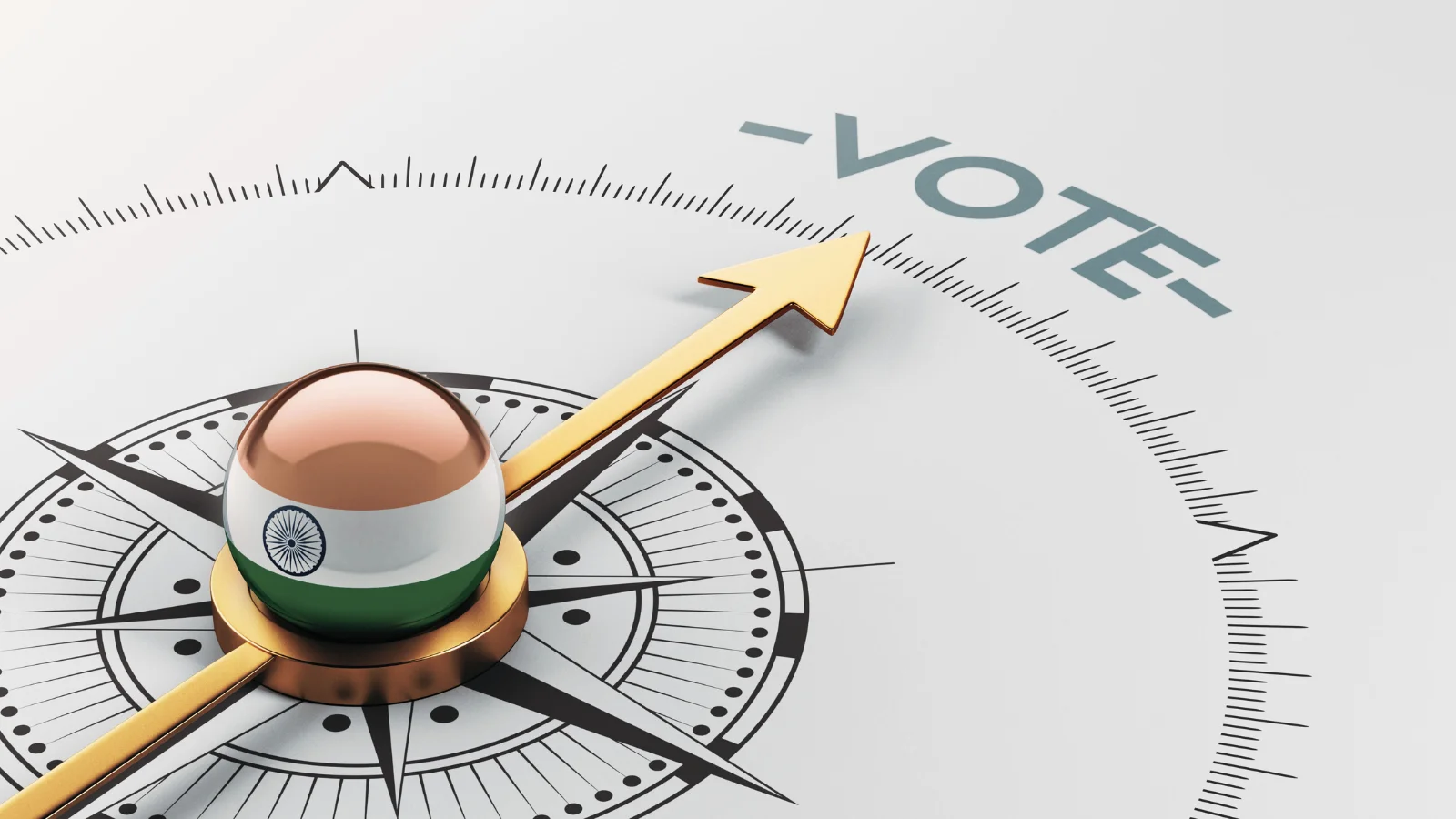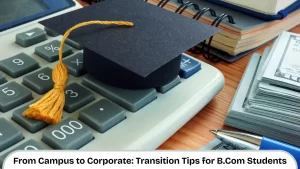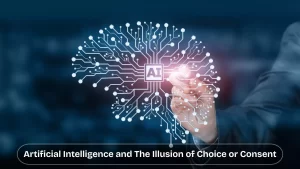One Nation One Election is a proposal aimed at synchronising elections for the Lok Sabha and State Legislative Assemblies across India. This significant step in election reforms in India seeks to streamline the electoral process by holding all elections simultaneously, with the goal of reducing costs, enhancing governance, and minimising disruptions to economic and administrative activities.
As discussions grow around the future of Indian elections, this reform holds immense relevance for college students:
- For media students, understanding this reform is critical as it shapes political reporting, public discourse, and coverage strategies in a unified electoral cycle.
- Business and commerce students will benefit from analysing how fewer election cycles can impact economic stability, investor confidence, and long-term policymaking.
- For IT students, the technological infrastructure needed for managing simultaneous elections – including secure electronic voting systems and data management – offers innovative opportunities for development and problem-solving.
By exploring the potential of One Nation One Election, students across disciplines can grasp its transformative impact on governance, economy, and society, preparing them to engage with India’s evolving democratic and professional landscape.
So, let’s see how One Nation One Election is going to impact India in general:
1. Economic Impact
- Reduced Expenditure: Conducting elections simultaneously could significantly reduce costs related to election management, including security, logistics, and campaigning.
Example: Frequent elections require multiple deployments of security forces and repeated printing of electoral materials. A single election cycle can optimise spending.
- Economic Productivity: Code of Conduct restrictions often delay government projects and disrupt economic activity. Synchronised elections would minimise these disruptions.
2. Governance and Policy Stability

- Continuity in Governance: With fewer election cycles, policymakers can focus on long-term developmental goals rather than short-term populist measures aimed at upcoming elections.
- Efficient Administration: Officials currently assigned to election duties can prioritise governance rather than juggling administrative and electoral responsibilities throughout the year.
3. Political Impact
- Level Playing Field: National and state parties will focus their resources on one election, fostering healthy competition. However, smaller regional parties might find it challenging to compete on such a large scale.
- National and Local Issues: Simultaneous elections may blur the distinction between state and national agendas, risking the dominance of national issues over regional concerns.
4. Voter Engagement
- Higher Voter Turnout: Voter fatigue due to frequent elections might be addressed, leading to higher participation in a single, well-publicised electoral event.
- Example: Countries like Sweden and South Africa hold national and regional elections simultaneously with higher voter engagement rates.
5. Constitutional and Logistical Challenges
- Amendments Required: A synchronised election requires amending the Constitution and aligning the terms of State Assemblies and Parliament, which may face political resistance.
- Logistical Feasibility: Organising elections for 1.4 billion people simultaneously demands a robust electoral infrastructure, advanced technology, and significant coordination.
6. Federal Structure Concerns
- Critics argue that simultaneous elections might undermine the federal structure by weakening the autonomy of state governments. Synchronised terms might prevent mid-term elections, denying citizens the opportunity to hold governments accountable when needed.
Future Outlook
If implemented, “One Nation, One Election” could transform India’s electoral and governance landscape by:
- Enhancing administrative efficiency and reducing costs.
- Ensuring a stable, policy-driven government.
- Encouraging higher voter participation.
However, its success hinges on addressing challenges such as federal balance, logistical complexities, and political consensus.
How can the One Nation One Election impact your future?

The One Nation One Election proposal isn’t just about synchronising elections—it offers actionable opportunities for college students across disciplines. Here’s how students from media, business, commerce, and IT backgrounds can leverage this significant step in election reforms in India and prepare for the future of Indian elections:
For Media and Journalism Students:
- Master Political Reporting: Develop skills to cover a unified electoral cycle, focusing on in-depth analysis, voter education, and issue-based journalism.
- Content Planning: Learn how to create structured and well-timed election-related content for print, TV, and digital platforms.
- Leverage Data Storytelling: Use tools like data visualisation and infographics to showcase election results, trends, and voter behaviour in innovative ways.
- Build a Niche: Specialise in political reporting, policy analysis, or election journalism to stay ahead as media outlets demand skilled election correspondents.
For Business and Commerce Students:
- Analyse Economic Trends: Study how fewer elections improve economic stability, attract investments, and foster long-term policymaking. Use these insights for case studies or research projects.
- Explore Policy Implications: Understand how stable governance reduces business uncertainties and supports sectors like infrastructure, startups, and manufacturing.
- Intern with Think Tanks: Join research bodies or economic forums to analyse the financial impact of election reforms and propose strategies for growth.
- Create Business Models: Identify sectors that benefit from reduced election disruptions, such as logistics, marketing, and government projects, and build solutions for them.
For IT and Computer Science Students:
- Innovate Digital Solutions: Develop secure electronic voting systems, AI-driven voter management tools, and real-time result dashboards for simultaneous elections.
- Focus on Cybersecurity: Strengthen your skills in protecting sensitive election data and ensuring the integrity of the voting process.
- Learn Data Analytics: Master big data tools to analyse voter trends, election patterns, and public opinion, helping election bodies and media outlets.
- Pitch Tech Startups: Use election reforms as inspiration to create scalable solutions like voter apps, election tracking platforms, or e-governance tools.
For Law and Policy Students:
- Research Legal Reforms: Study the constitutional amendments required for One Nation One Election and their implications on federalism and governance.
- Analyse Policy Challenges: Understand the balance between central and state autonomy under simultaneous elections. Use this as a thesis or paper topic.
- Engage in Policy Advocacy: Intern with government bodies or NGOs working on electoral reforms to gain practical experience in law and governance.
For All Students:
- Stay Informed: Keep up with developments in the future of Indian elections to understand its long-term societal and economic impact.
- Participate in Discussions: Join college debates, webinars, and workshops on election reforms in India to strengthen your understanding and voice your opinion.
- Build Soft Skills: Whether analysing policies, creating tech tools, or reporting elections, develop problem-solving, communication, and critical-thinking skills.
- Explore Careers in Governance: Look into careers in public administration, data-driven journalism, policy-making, and civic tech to contribute to India’s evolving democratic landscape.
One Nation One Election is not just a political reform but a gateway for students to explore emerging career paths and innovations. Whether you’re in media, business, commerce, IT, or law, use this opportunity to develop new skills, innovate, and contribute to India’s progress in the future of Indian elections.
Read Also – Mastering Financial Analytics: A Must-Have Skill for M.Com Graduates
Why Most Law Students Fail To Pass All India Bar Exam: Mistakes To Avoid





